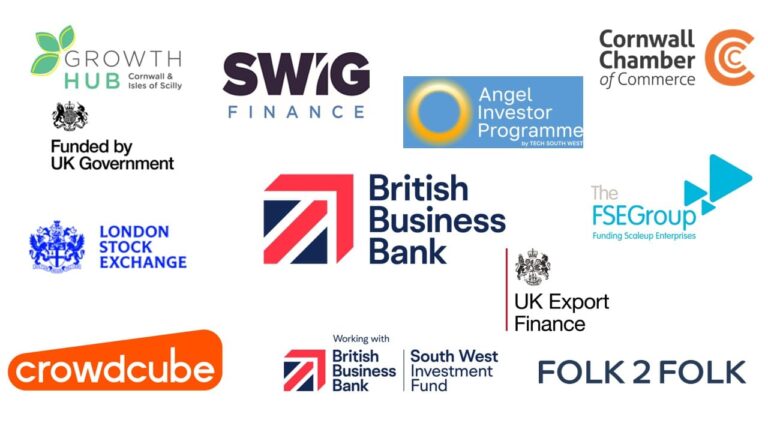
Exit options for owner-managed businesses
What happens when you decide that you would like to exit your owner-managed business? Perhaps you’re doing so to retire or take a career break or even to explore new ventures. You may have customers who rely on you, a dedicated team of staff or a significant investment in the business you would now like to realise.
There are three main exit options that we see most often and so would consider, tailoring them for your specific needs and circumstances:
- Management buyout
- Family succession
- Third party sale
We have a dedicated team of tax advisors who specialise in owner-managed businesses with significant experience in these areas.
We will look at each exit option briefly in turn.
Management buyout
A management buyout (MBO) typically involves existing members of your business, usually directors and first tier management, forming a management team and taking ownership of the business. This enables continuity and gives you the reassurance that your business is in safe, experienced hands.
The usual mechanism for carrying out an MBO is where the management team incorporate a new company (‘newco’) which will then acquire the entire share capital in your existing company (OMBco) at market value. This will enable you to realise the full value of your shares. The management team will need to invest funds into newco to facilitate this acquisition by way of personal funds or loans.
Newco would purchase your shareholding in OMBco from you, offering consideration in the form of cash, preference shares or loan notes, depending on the cashflow of the company and your financial needs.
Family succession
It may be that you operate a family run business and wish to pass it onto the next generation. This could be carried out in a similar manner to the MBO option above, but instead of passing ownership onto a management team consisting of various individuals, you would like to pass it onto family members (who might already be part of the management team) – a family buyout (FAMBO). This enables you to exit the business, realising the value of the company that you have built up, but keeping it in the family.
As with the MBO, newco is incorporated, this time by the family members as shareholders, which will then in turn acquire the entire share capital in OMBco.
Again, you could choose the type or mix of consideration you would like to receive for your shares – cash, preference shares, loan notes, deferred cash, depending on the company’s cashflow.
Alternatively, there are additional options to consider including gifting your shares to family members or receiving consideration at less than market value or on deferred terms.
Third party sale
The final option considered here is the sale of your business to a third party. This will give you a clean break from the business and perhaps provide the highest price. Consideration for your shares is most likely to be wholly cash. However, it can take longer to find a buyer and negotiations may be lengthy.
To execute the sale, you either sell the shares you hold in OMBco to the purchaser, which is the preferred route, or you can sell the trade and assets, then follow up with a liquidation to extract the consideration held in OMBco.
Capital gains tax
With each of these exit options, capital gains tax will need to be considered as you are disposing of a chargeable asset, being shares.
If your business is a trading entity, relief may be available through Business Asset Disposal Relief (BADR), taxing the gain arising at a flat rate of 10% up to a lifetime limit of £1 million of qualifying gains, subject to various conditions being met.
If you gift shares to family members, business asset gift relief could be claimed, again if your business is a trading entity.
With any transaction of this nature, it is recommended that a clearance application is made to HMRC, to give certainty of the tax treatment prior to undertaking the transaction.
The consideration split will have varying tax implications:
- Cash received on completion of a transaction will be liable to capital gains tax immediately. As will any deferred cash or earnouts.
- Consideration through preference shares will become chargeable to capital gains tax on the redemption of the preference shares; the gain is deferred until that point. The same is true for loan notes.
However, it is possible to elect to pay all capital gains tax upfront, which will enable you to lock in the current tax rates, giving certainty to the liability. There are, of course, various considerations to take into account when making such a decision, which we can discuss with you.
At PKF Francis Clark, we have a dedicated team of tax advisors who specialise in owner-managed businesses with significant experience in these areas. We can advise you on the exit options available for your business. Whichever exit option you choose, it is vitally important you speak to us early, to explore how value you need to exit and to allow sufficient time for plans to be put in place to get to the right solution for you; for finances to be raised and clearance applications submitted to facilitate your exit from your business in a tax efficient manner.
In addition, we can also ensure any relevant reporting requirements are met with HMRC, and you are aware of the timing of this reporting and settlement of any tax liabilities.










